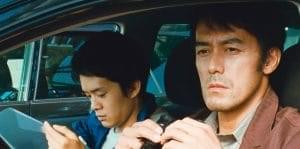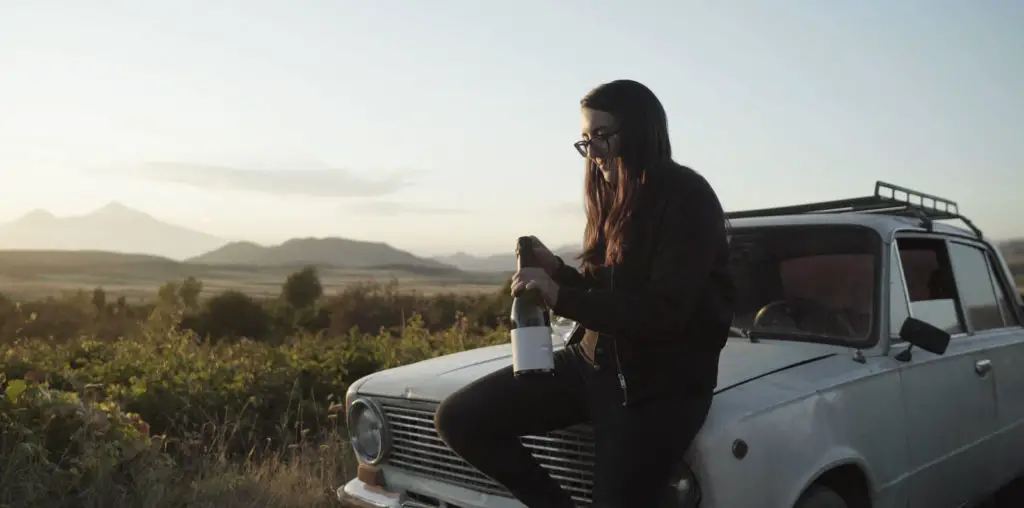
Throughout his extraordinary career, Japanese director Hirokazu Koreeda has demonstrated tremendous sensibility to depict family dramas. Gracious works such as Nobody Knows (2004), Still Life (2008), I Wish (2011) and Like Father Like Son are considered socially influential within the Japanese new wave cinema.
After the Storm brings us a richly detailed story that involves family generations and is surrounded by strong emotional depth, naturalistic settings, and considerable amounts of sorrowfulness and optimism.
The story revolves around the divorced Ryota (Hiroshi Abe), a crooked private detective and struggling writer who, in his thirties, still didn’t find the financial stability to pay for his child support. Despite the success of his debut novel, Ryota tries to overcome a persistent condition known as writer’s block. His inability to provide for the household wasn’t the only reason why his more mature and hard-working wife, Kyoko (Yoko Maki), decided to leave him. Ryota, wasn’t paying too much attention to their little son, Shingo (Taiyô Yoshizawa), and keeps living in the fantasy that one day he’ll win the lottery, squandering all his money in tickets and gambling. In this aspect, he takes after his father whose recent death made Yoshiko (Kirin Kiki), his mother, rejoice again with life and freedom.

“…an honest drama that doesn’t search for rapid solutions but rather hope.”
When another typhoon is approaching, nobody seems to give it real importance, however, this will be a special occasion to reunite the family in the matriarch’s cozy place.
Alternating between perspicacious and dramatic, Yoshiko understands very well the situation of her family. She wants them to reconcile but doesn’t take sides in the dispute. On one hand, she accepts Ryota as he is, alleging it was his father’s genes that made him like that; on the other hand, she always loved her daughter-in-law for being strong, caring, and a wonderful mother. More than anything, she respects their decisions.
Her vision of the men, in general, becomes clear during a casual conversation with Kyoko: “Why men are unable to love the present? They keep pursuing what they’ve lost or dreaming beyond their reach.”
Shingo is the one who gets confused with the situation, relying on his grandmother, a true idol, to comfort and pamper him.
After the Storm is an honest drama that doesn’t search for rapid solutions but rather hope. Koreeda composes the picture in a civilized and introspective manner, after engendering a script that appropriately describes our modern times. It evaluates the weight of responsibility in addition to the pursuit of personal dreams and its repercussions within the household.
Despite the seriousness of the story, the film exhibits a funny side, particularly through the compulsive, untamable, and even childish posture of Ryota. Haragumi’s subtle musical score worked perfectly with Yutaka Yamazaki’s endearing cinematography, showing an intriguing ability of almost pacifying the problems of the characters, who felt real and authentic.
Unobtrusive techniques, human awareness, and narrative accessibility remain strong features in Koreeda’s simple yet effective filmmaking style.

After The Storm (2016) – Written and directed by Hirokazu Koreeda. Starring Hiroshi Abe, Kirin Kiki, Yoko Maki, Taiyô Yoshizawa.
8 out of 10

